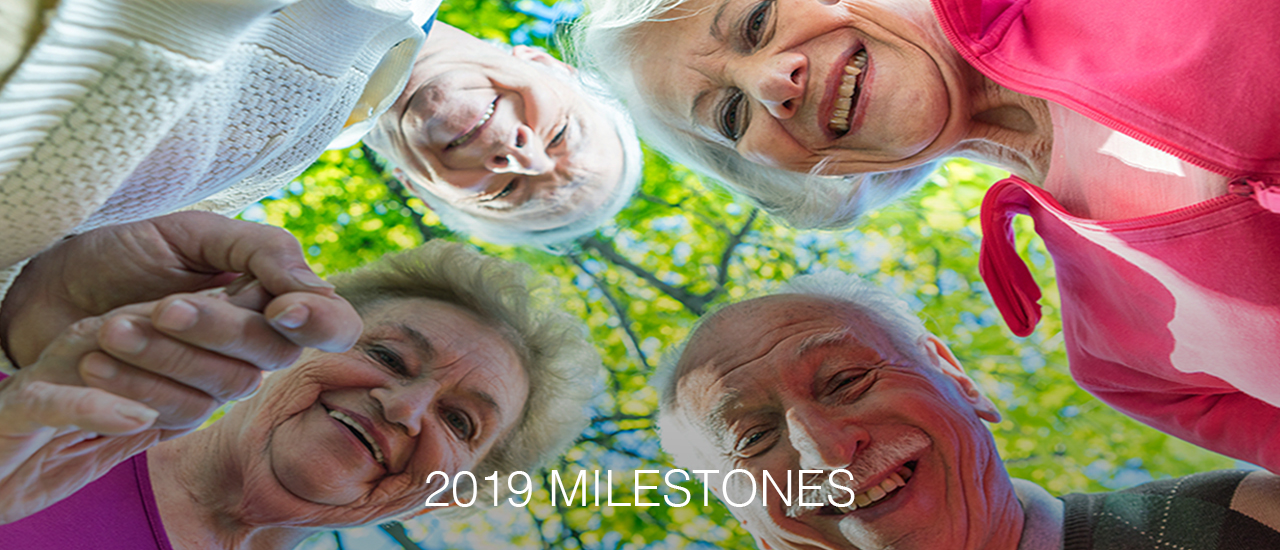

2019 MILESTONES
In 2019 we worked together to launch new programs, grow investments, expand networks, and provide valuable resources to improve care for older adults.
JANUARY
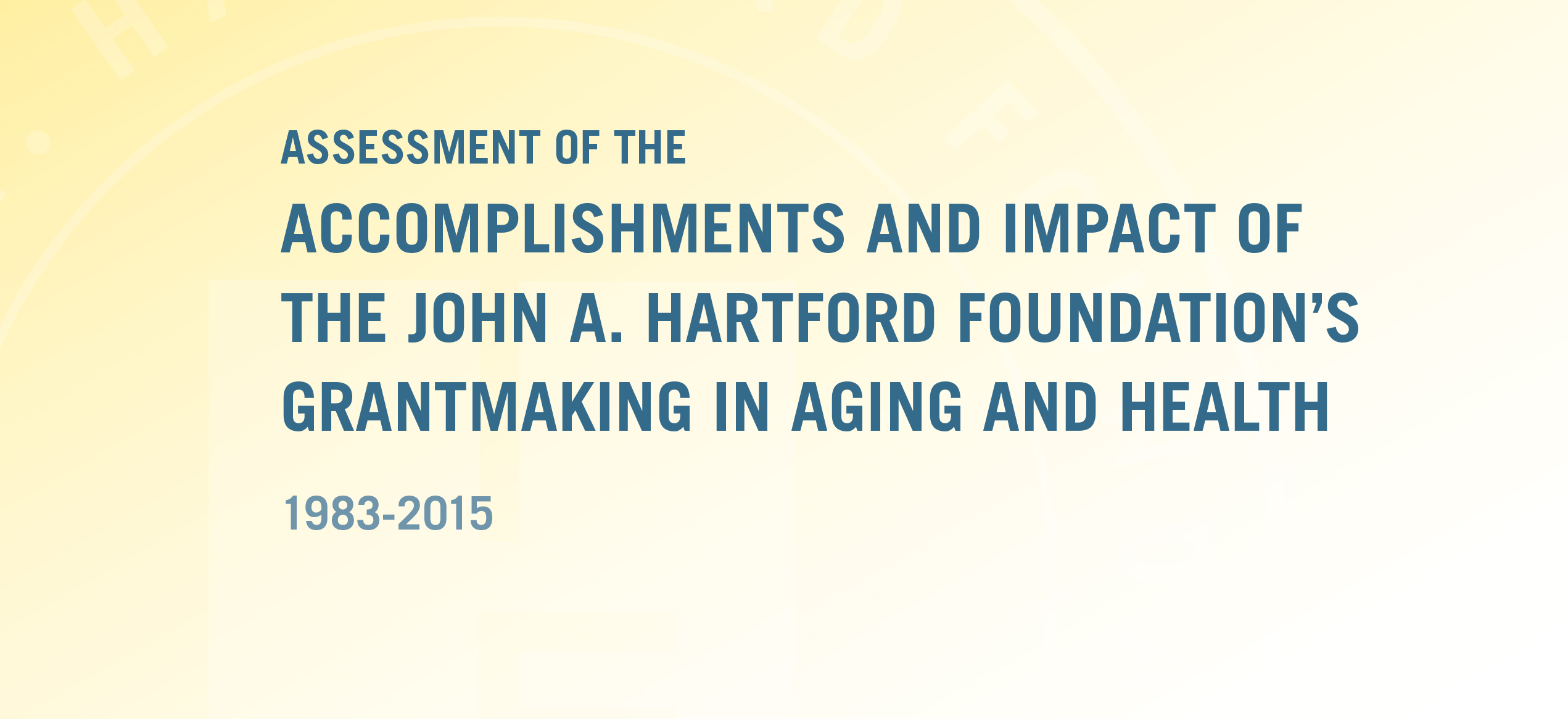
- “The John A. Hartford Foundation and The Growth of Geriatrics,” a peer-reviewed article assessing JAHF’s grantmaking from 1983 to 2015, is published in Health Affairs based on the external evaluation, “Assessment Of The Accomplishments And Impact Of The John A. Hartford Foundation’s Grantmaking In Aging And Health.”
- The “Handbook of Geriatric Assessment,” co-edited by JAHF President Terry Fulmer, receives one of the American Journal of Nursing’s 2018 Book of the Year Awards.
- JAHF staff and grantees are quoted in an ACP Hospitalist article, “See, and Then Stop, Elderly Abuse.”
- A Journal of the American Medical Association study demonstrates the cost-effectiveness of the JAHF-supported UCLA Alzheimer’s and Dementia Care program.
FEBRUARY
- Inside Philanthropy, HomeCare Magazine, and Philanthropy News Digest recognize JAHF’s work to improve the care of older adults over the last 30 years.
- Modern Healthcare publishes an article, “Age-Friendly Health Systems Transform Care for Older Adults,” as part of its Executive Insight series.
- The Wall Street Journal publishes an article, “Preparing for a Good End of Life,” featuring JAHF-supported programs and a JAHF staff member.
- Next Avenue begins a special yearlong feature on age-friendly health care.
MARCH
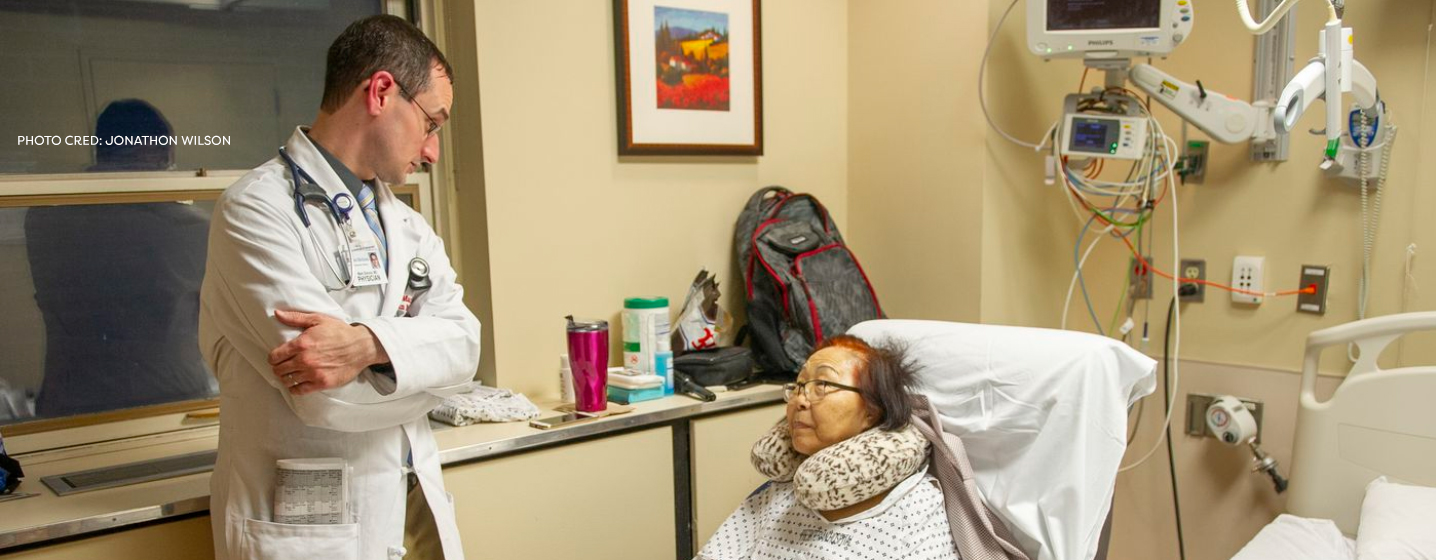
- JAHF announces four new grants totaling nearly $9 million to improve care for older adults.
- Learnings from the JAHF-supported UCLA Alzheimer’s and Dementia Care program are published.
- The Center for Health Care Strategies explores “Opportunities for States to Support Family Caregivers.”
- The Philadelphia Inquirer publishes an article about approaches to provide better surgical care for older patients, including several JAHF supported initiatives.
APRIL
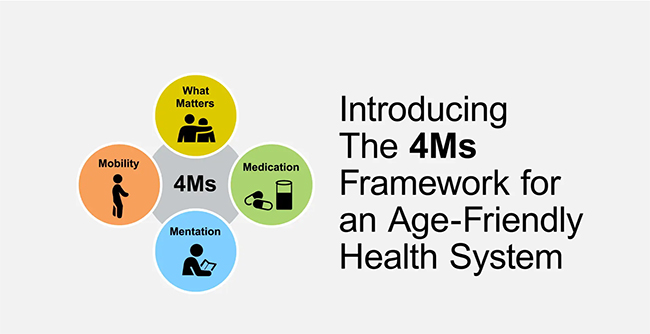
- More than 150 new teams from more than 80 health systems join the second Age-Friendly Health Systems Action Community.
- The Institute for Healthcare Improvement, with support from The SCAN Foundation, releases a report on “The Business Case for Becoming an Age-Friendly Health System” and two Return on Investment Calculators.
- Rush University’s Geriatric Workforce Enhancement Program releases the first in a series of videos exploring the basics of the Age-Friendly Health Systems movement and the 4Ms.
- The AARP Public Policy Institute-led Home Alone Alliance debuts a new JAHF-sponsored study, “Home Alone Revisited: Family Caregivers Providing Complex Care.”
- JAHF staff write about the American Bar Association’s advance care planning toolkit for lawyers.
- JAHF-grantee Diverse Elders Coalition launches a survey of traditionally underserved populations of family caregivers.
MAY
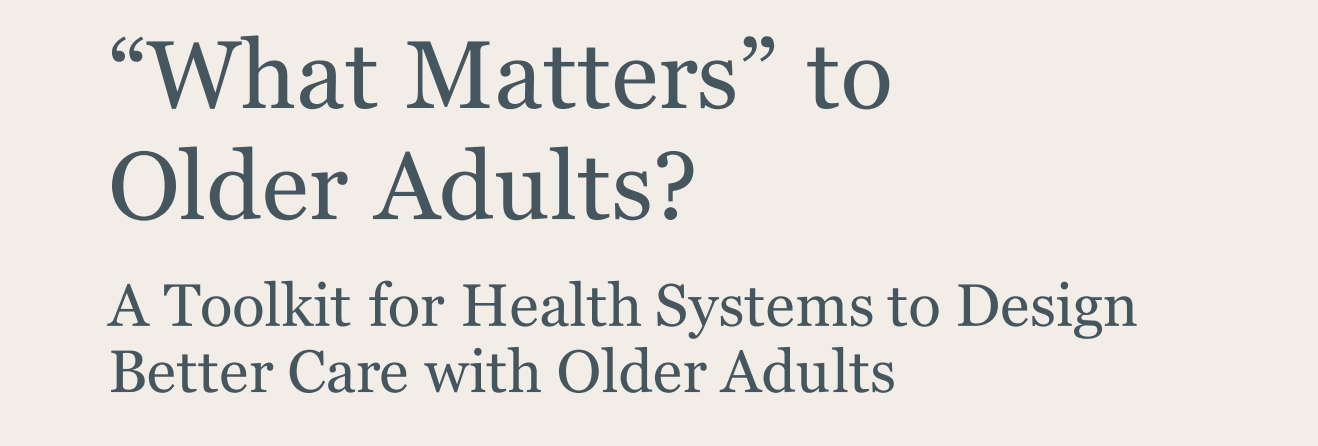
- JAHF shares a blog about home-based primary care and a new way that Medicare can pay for it.
- The National Academy for State Health Policy unveils a new JAHF-funded resource, “Palliative Care: A Primer for State Policy Makers.”
- A new Age-Friendly Health Systems toolkit for clinicians is released for “What Matters to You?” Day.
- At a Modern Healthcare symposium, JAHF leads a discussion about how health systems are finding new age-friendly ways to care for older adults.
- A Lown Institute report shows an alarming trend in over prescribing medications to older adults.
- Springer Publishing Company releases a textbook edited by Terry Fulmer, “NICHE: Nurses Improving Care for Healthsystem Elders.”
- JAHF-funded research is cited in a U.S. Senate Special Committee on Aging hearing to discuss the Older Americans Act.
- Kaiser Health News hosts a discussion about inclusive end-of-life care for LGBTQ+ older adults.
JUNE
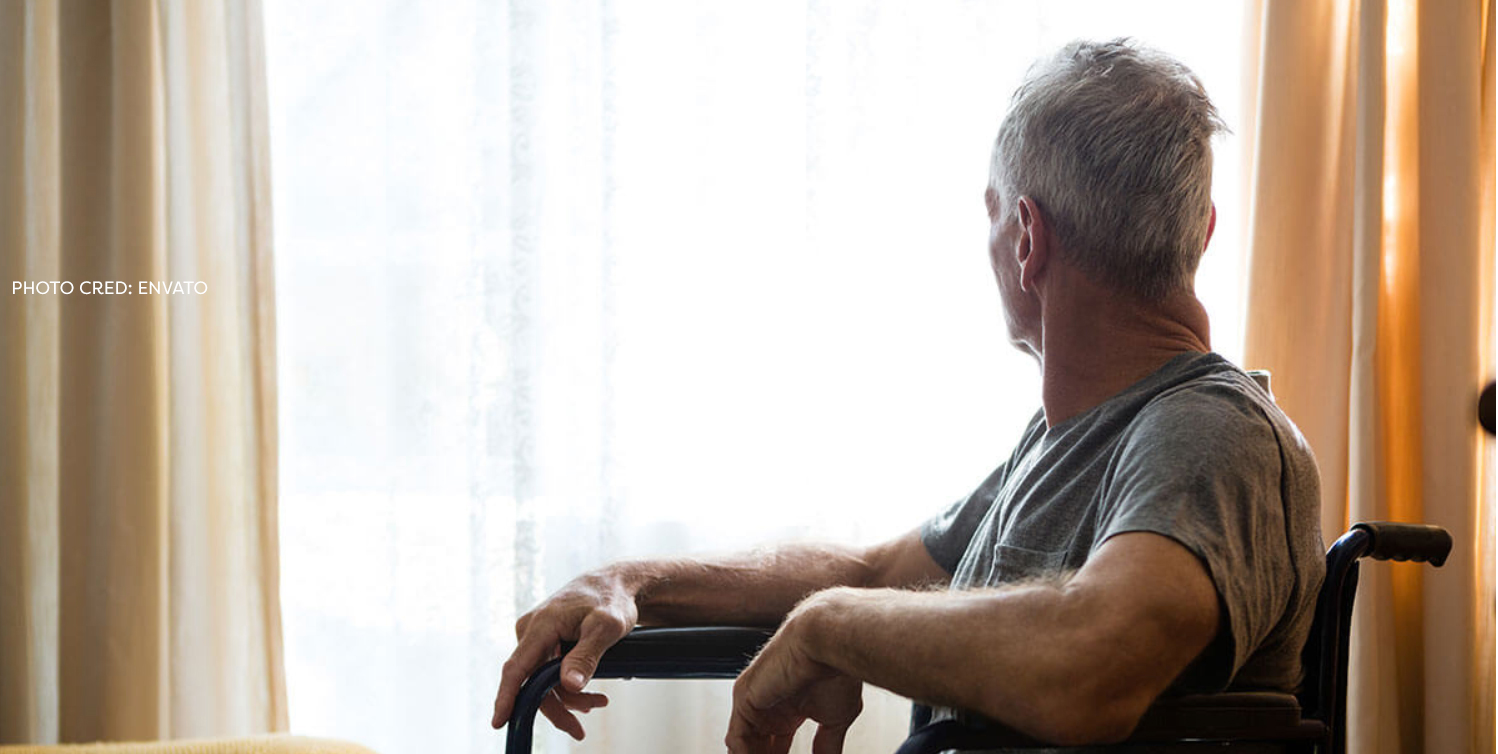
- JAHF announces four new grants totaling nearly $5 million.
- A Next Avenue blog from JAHF marks World Elder Abuse Awareness Day.
- Johns Hopkins University researchers release a new report on supporting caregivers at the state level.
- JAHF announces a newly elected Trustee, a new Program Officer, and three staff promotions.
- Terry Fulmer is awarded the Gerontological Society of America’s Donald P. Kent Award.
- The Eldercare Workforce Alliance celebrates the ten-year anniversary of “Retooling for an Aging America: Building a Health Care Workforce” with a new publication.
JULY
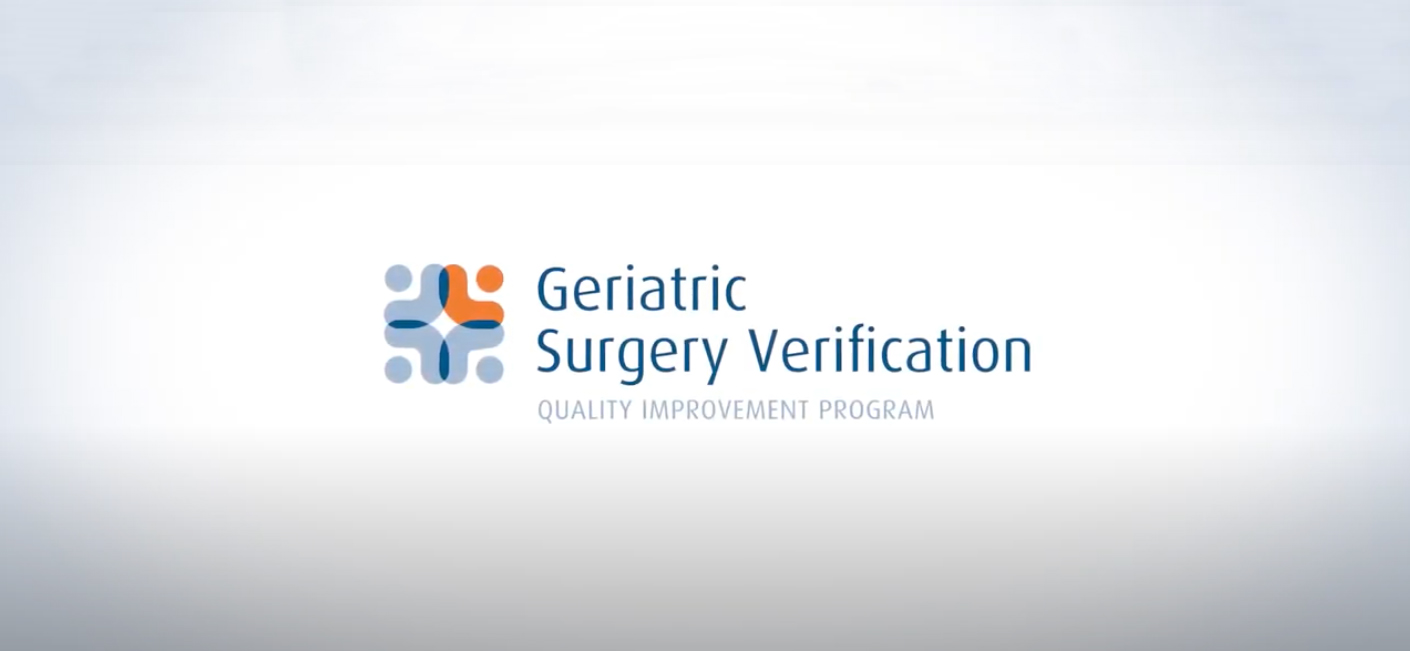
- The American College of Surgeons and JAHF launch the Geriatric Surgery Verification program to improve surgical care of older adults through new standards developed by a coalition of organizations.
- The Reframing Aging Initiative, led by The Gerontological Society of America and co-funded by JAHF, creates new web resource pages.
- A forum for funders interested in rural aging and health is debuted by Grantmakers in Aging.
- JAHF launches the Tipping Point Challenge that recognizes and rewards the completion of the Center to Advance Palliative Care courses and educational units.
AUGUST

- A Center to Advance Palliative Care survey finds the public is still largely unaware of palliative care.
- The Cambia Health Foundation and JAHF announce a partnership to co-fund seven national organizations working to improve care for older adults and other people facing serious illness at the end of life.
- Health Affairs publishes a blog on how states can improve palliative care services.
- The Administration for Community Living announces the first meetings of the advisory councils established by the Recognize, Assist, Include, Support and Engage (RAISE) Family Caregivers Act and the Supporting Grandparents Raising Grandchildren Act.
- JAHF-funded research, “Advancing Legal and Medical Collaboration in Advance Care Planning,” is cited in an ABA Journal article encouraging attorneys who provide advance care planning to consider greater collaboration with medical providers and the health care system.
SEPTEMBER
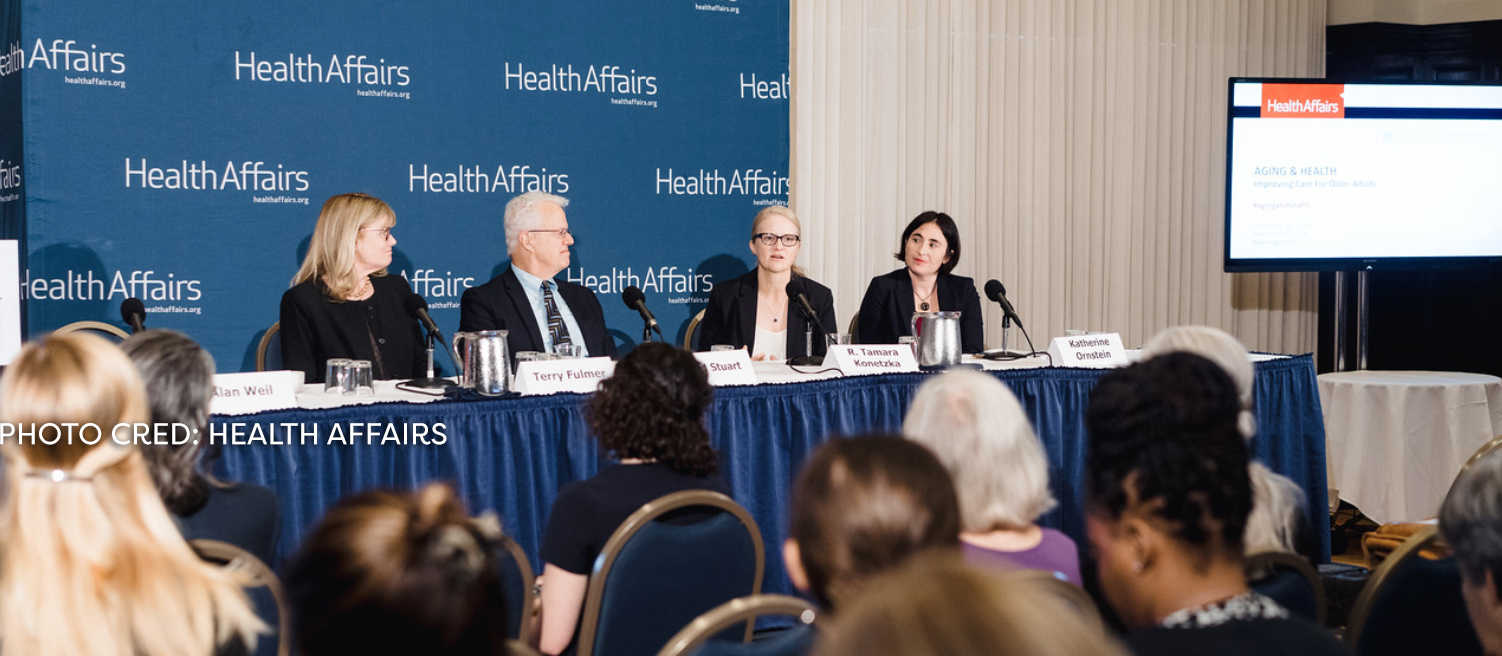
- JAHF awards nearly $7 million in new grants.
- The first national POLST (Physician’s Orders for Life-Sustaining Treatment) form and related patient and professional guides are released by the National POLST Paradigm.
- The National Center on Elder Abuse releases a new communications strategy and toolkit under their “Reframing Elder Abuse Project.”
- Health Affairs and JAHF hold a briefing on “Improving Care for Older Adults.”
- Program Officer Nancy Wexler authors a blog about her journey to JAHF.
- The American Hospital Association convenes the third Age-Friendly Health Systems Action Community.
OCTOBER
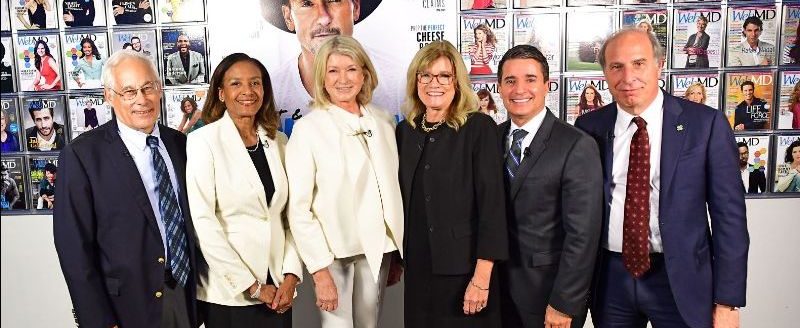
- JAHF and WebMD release the results of “Driving Toward Age-Friendly Care for the Future,” a survey of more than 2,700 patients and caregivers age 65 and older, with a panel event in New York City featuring Martha Stewart and Don Berwick.
- New York Daily News publishes an op-ed by Terry Fulmer that argues older adults deserve better age-friendly care.
- The Milken Institute unveils a new report, “Reducing the Cost and Risk of Dementia: Recommendations to Improve Brain Health and Decrease Disparities.”
- The Center to Advance Palliative Care releases a report, “America’s Care of Serious Illness: A State-by-State Report Card on Access to Palliative Care in Our Nation’s Hospitals.”
- Terry Fulmer presents on the age-friendly health systems movement at the National Investment Center for Seniors Housing & Care Conference.
- JAHF explores what we’ve learned about caregivers thanks to the work of the Diverse Elders Coalition.
- JAMA Internal Medicine publishes a paper showing an association between the JAHF-supported Patient Priorities Care model with improved patient-reported outcomes and reduced unwanted care.
NOVEMBER
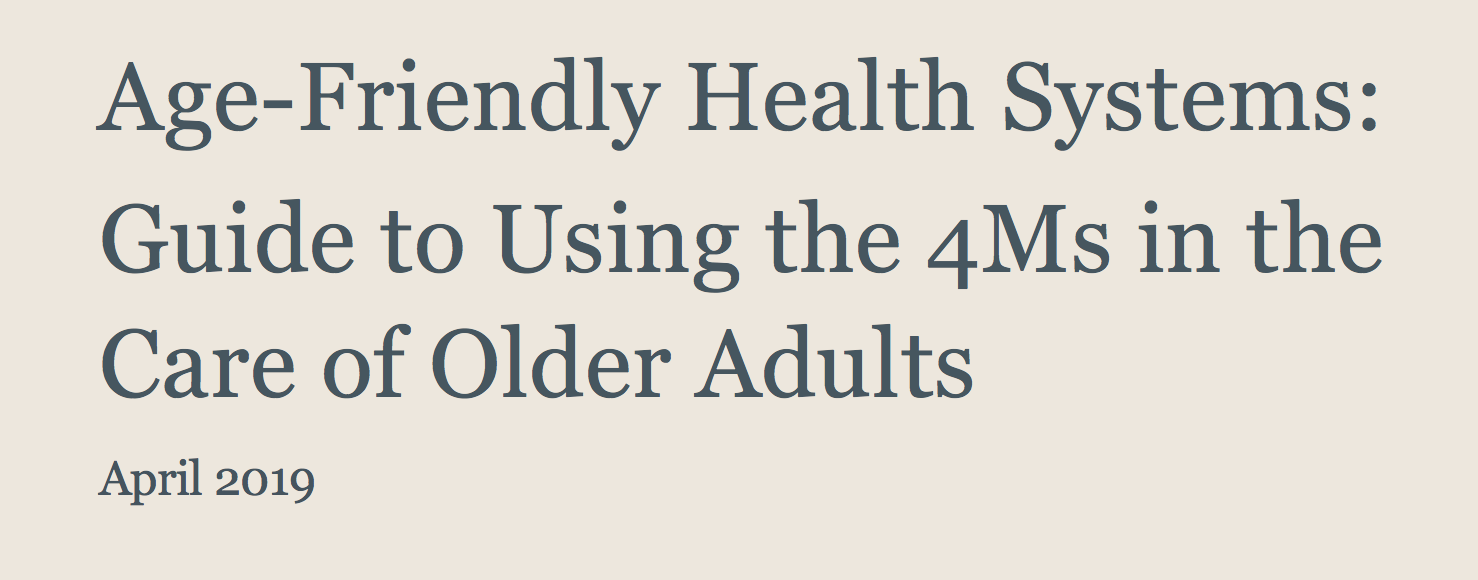
- The National Academy for State Health Policy launches a RAISE Act Family Caregiver Resource and Dissemination Center and releases an issue brief exploring ways state policymakers can promote palliative care.
- The AARP Public Policy Institute releases a report on key issues and emerging trends in family caregiving.
- Health Affairs publishes an article, “Age-Friendly Care At the Emergency Department.”
- The Age-Friendly Health Systems initiative releases an implementation guide for integrating the 4Ms into electronic health records.
DECEMBER
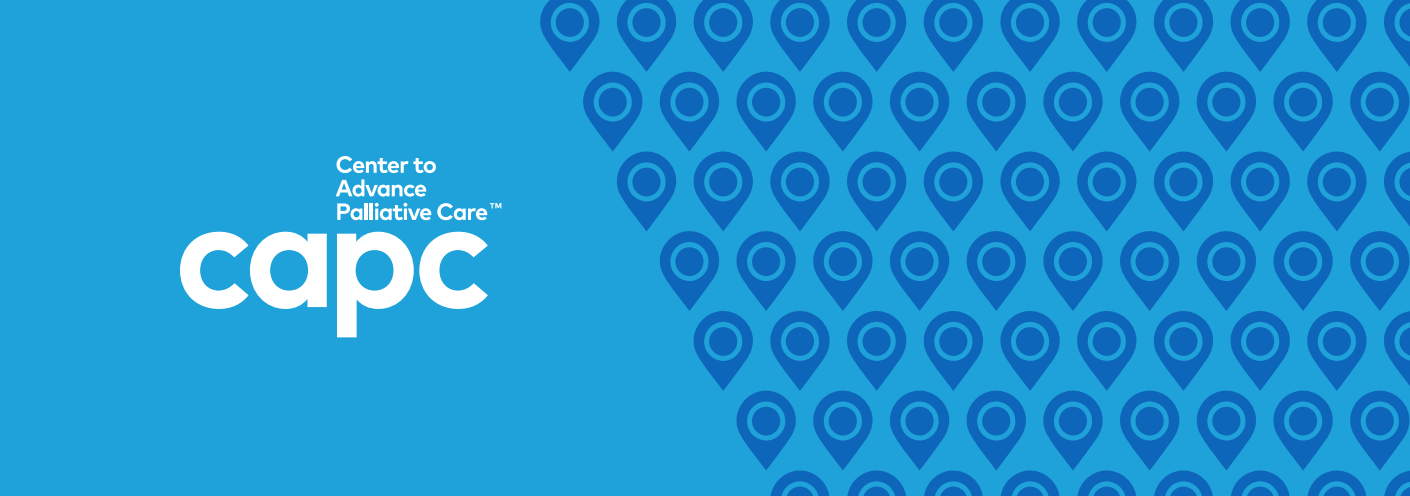
- JAHF announces six newly funded projects totaling over $8 million.
- The Center to Advance Palliative Care releases a report, “Mapping Community Palliative Care: A Snapshot,” that provides the first scan of community palliative care programs in the United States.
- The American Geriatrics Society releases a guide to assist older drivers and their caregivers.
- A collection of guidelines and best practices on trauma center recognition of child abuse, elder abuse, and intimate partner violence is produced by the American College of Surgeons.